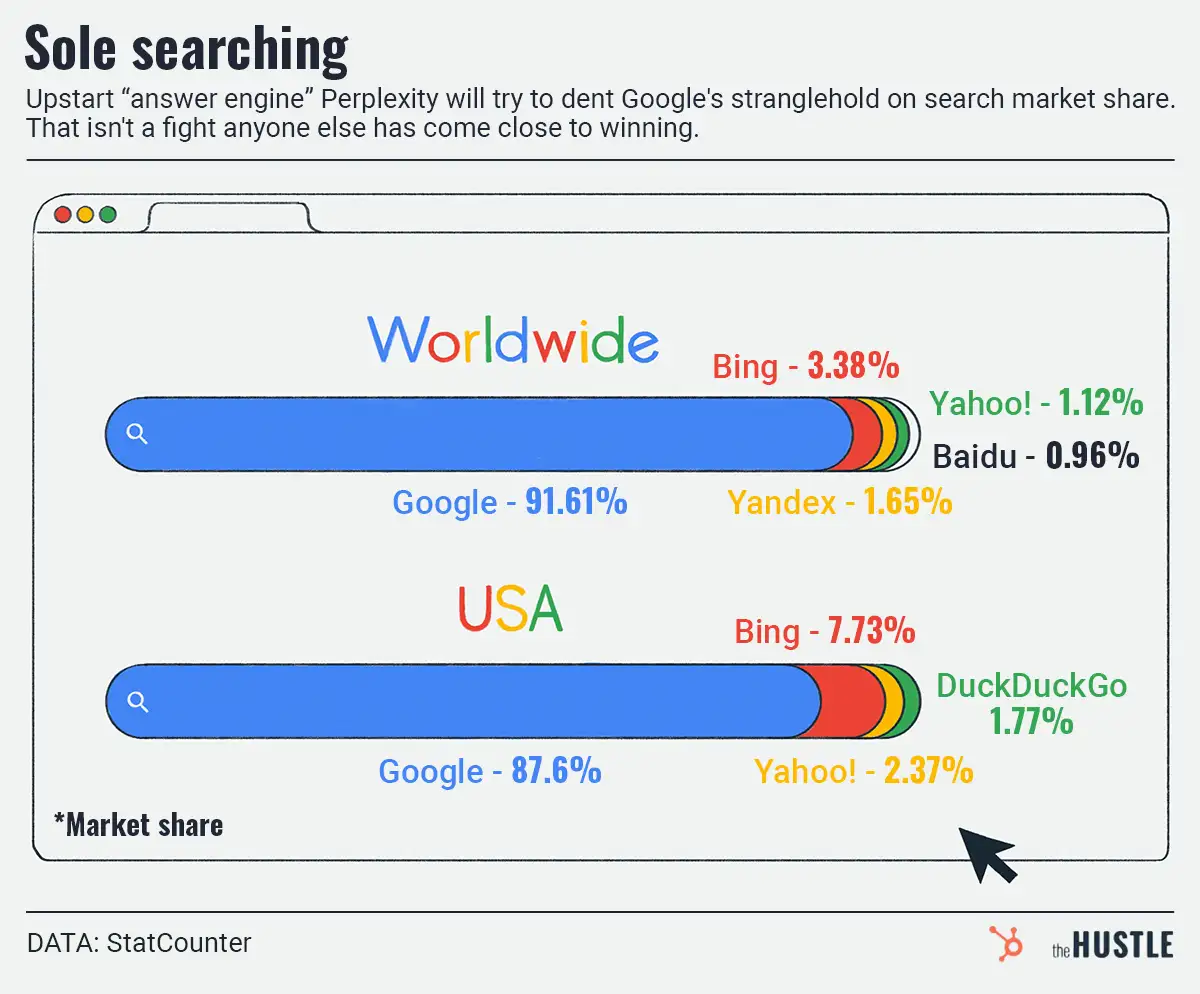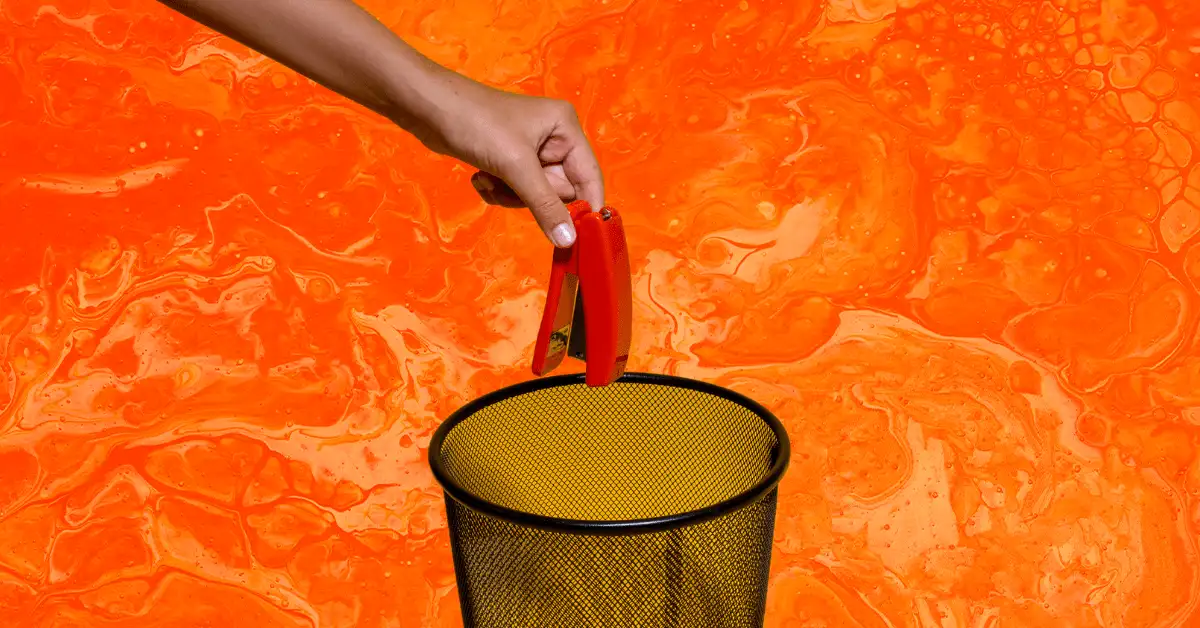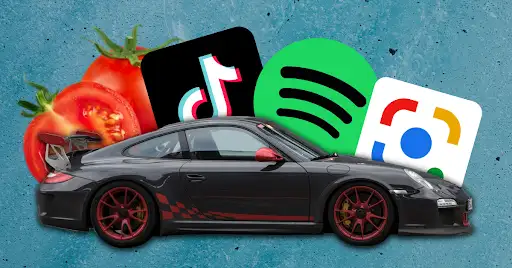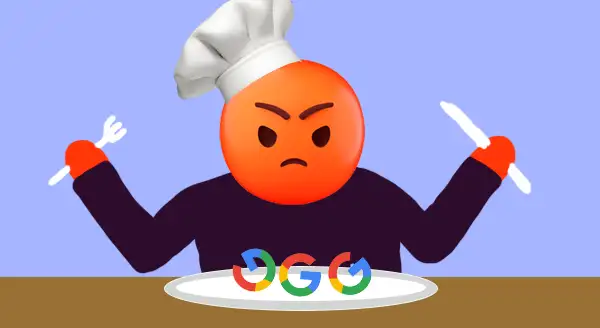You may be about to start some holiday baking, but can you trust Google’s recipe rankings?
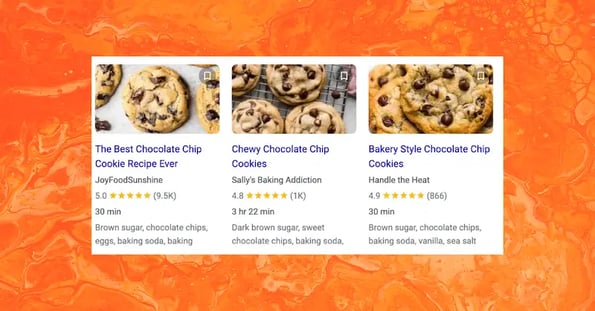
That’s the question posed by Caitlin Dewey of the newsletter Links I Would Gchat You If We Were Friends.
What’s cooking?
In June 2013, Google updated its “rich snippets” — Google search results with additional info like brief descriptions, prices, event locations, etc. — to let recipe sites include ratings.
Now, when you Google a recipe, top results appear in a carousel, each with an image and star rating (see the cookie results above).
The issue, Dewey asserts, is that it’s essentially meaningless, as the sites supply their own ratings and there’s no metric for what’s good or bad.
And?
Dewey noticed that smaller blogs are frequently rated and, thus, often outrank media outlets with whole recipe teams, like New York Times Cooking; she suspects that bloggers are gaming rankings by deleting bad reviews.
(Although, I do use one blog Dewey mentioned, Sally’s Baking Addiction, religiously. Her pie crust recipe is a hit.)
It’s a sad world when you can’t even trust a top-rated cookie recipe to be good, but this isn’t a new thing. In 2020, Dewey spoke with Meathead Goldwyn of AmazingRibs.com, who’s struggled with slipping in Google’s rankings since he failed to install new recipe code in 2010.
“If you’re trying to make a living on the internet, you have to worship Google,” Goldwyn said at the time.
BTW: The subreddit r/ididnthaveeggs is just bad reviews of recipes from people who made baffling changes, and it is hilarious.



